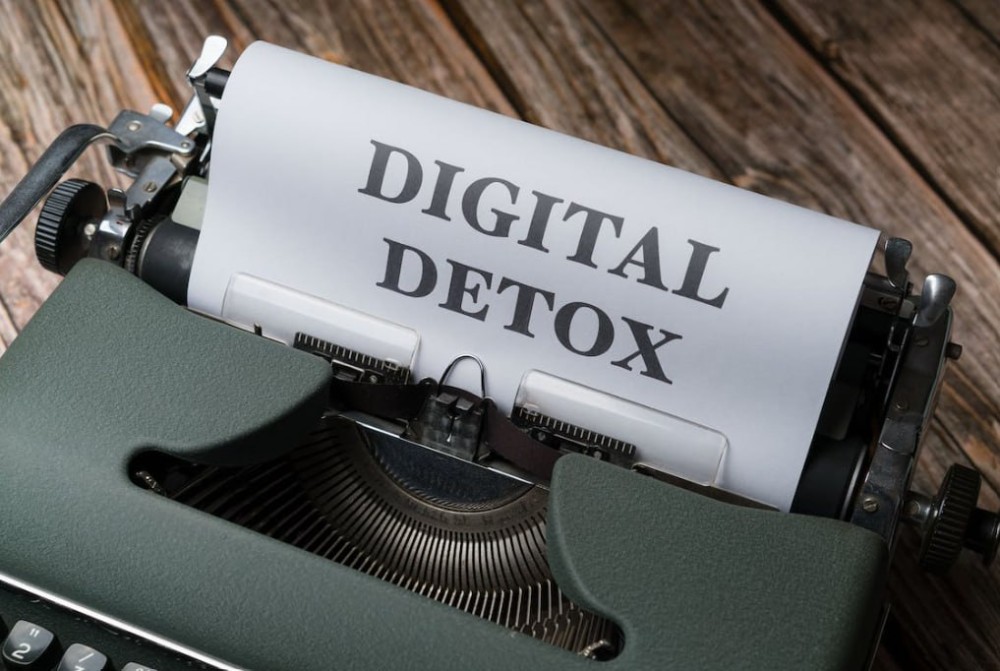In today's world, where every aspect of our lives is connected in some way to technology, there is an urgent need for a digital detox. Research shows that the average person spends a significant portion of their time in front of screens, which harms psychological well-being and quality of life. Digital detox is the process of giving up digital devices to improve well-being and restore balance in life. This article highlights the importance of a digital detox and suggests ways to put it into practice.
The importance of digital detox
Reducing stress and anxiety: Constant use of technology can increase stress and anxiety levels. A study conducted by the University of Gothenburg found that high mobile phone use is associated with increased levels of anxiety and depression, especially among young people. This is driven by the constant need to be connected and the expectation of instant responses to messages and emails.
Improved sleep quality: Research confirms that using devices before bed can seriously interfere with sleep quality. Blue light from screens suppresses the production of melatonin, a hormone responsible for regulating sleep. A study conducted at Harvard University found that people who use electronic devices before bed have lower sleep quality and a longer time to fall asleep.
Increased concentration and attention: Frequent use of smartphones and other devices is associated with a decrease in the ability to concentrate for long periods. A study published in the journal Computers in Human Behavior found that taking constant breaks to check your smartphone significantly reduces productivity and task performance.

Improving interpersonal relationships: In the digital age, interpersonal communication often suffers from a lack of attention and presence. A study from Brigham Young State University found that the presence of a cell phone during a conversation can reduce the feeling of closeness, trust, and empathy between interlocutors. Being device-free allows for deeper, more meaningful communication.
Digital Detox Methods
Limiting device use time: Setting time limits for using digital devices is the first step to reducing addiction. A study published in the Journal of Social and Clinical Psychology found that limiting time spent on social media led to improved mood and feelings of well-being.
Conscious use of technology: Conscious use of technology involves being mindful of how and why we use devices. This may include using apps that track time spent online and help set limits.
Technological breaks: An important aspect of digital detox is establishing periods of complete technology abstinence. This could be one day a week or certain hours each day. A University of Illinois study found that even short periods away from technology can improve cognitive function and mood.
Technology-free activities: Incorporating non-electronic activities into your daily life, such as reading, yoga, meditation, drawing or simply walking in nature, can significantly improve psychological well-being. It provides a distraction from the digital world and promotes mental health.
Physical separation with devices: Creating physical distance between yourself and digital devices can help reduce the temptation to use them. Simple actions like leaving your phone in another room while you sleep or eat dinner can have a big impact on the quality of your interactions with others and your personal well-being.

Conclusion
A digital detox doesn't mean giving up technology entirely; it is rather a conscious management of them to improve the quality of life.
This practice helps you regain control of your time and attention, improving psychological well-being and facilitating the development of deeper, more meaningful interpersonal relationships. By incorporating the principles of digital detox into our daily lives, we can achieve greater balance and harmony in a world where technology plays an increasingly significant role. A digital detox is a step towards conscious living, where technology serves us rather than controls us. By integrating digital detox, each of us can find our unique path to harmony and balance in the digital world.


